Update from BCFS: Using forest research to inform chimpanzee conservation
21/05/2016 in Conservation
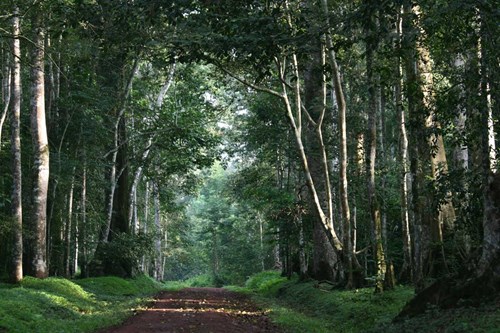
Budongo forest by Stephanie Peat
 At the Budongo Conservation Field Station (BCFS), the value we attach to scientific research in informing conservation practices and policy is immeasurable. BCFS facilitates a huge variety of research, including junior research fellows who are supported by the project to carry out their MSc research projects.
At the Budongo Conservation Field Station (BCFS), the value we attach to scientific research in informing conservation practices and policy is immeasurable. BCFS facilitates a huge variety of research, including junior research fellows who are supported by the project to carry out their MSc research projects.
In this month’s update we’re delighted to share some of the recent findings by one of our junior research fellows. Nyombi Herbert, a graduate of Makerere University, Kampala, has completed his research studying the impacts of changing tree fruiting phenology on primate foraging patterns in and around the Budongo Forest Reserve.
In a tropical forest ecosystem, almost every single component is interdependent, to varying degrees, on each other. Primates, particularly monkeys and the endangered chimpanzees featured in this study, depend on the trees within the forest to provide their major source of food – fruits, leaves, flowers and buds (which are a delicacy!).
Any decline in productivity from this food supply forces these primates to look for alternative food sources both within – and potentially outside – the forest. Due to observed declines in the number of fruiting trees within the forest reserve, Nyombi decided to investigate how this might affect primate foraging behaviours, as well as the influence of changing climatic conditions on tree fruiting phenology.
The fruiting of over 7,300 individual trees across 97 species were monitored during monthly visits to the Budongo Forest. The diets of habituated monkey groups (Cercopithecus mitis, Cercopithecus ascanius and Colobus guereza) were observed to record corresponding foraging patterns. And surveys were conducted with forest edge communities to assess crop raiding patterns over time.
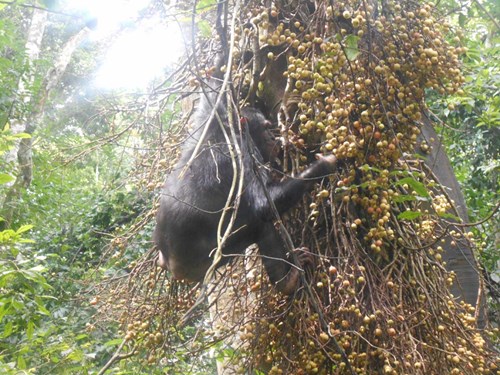
The tree study revealed a continued decline in the number of fruiting trees across the different study areas, regardless of variations in their historic management regimes. Results also indicated spatial differences in fruiting patterns, depending on the forest type. As expected, climatic variability was found to have a significant impact on tree fruiting.
Higher productivity was recorded at the end of rainy seasons (May), which also happened to be the period with lowest recorded temperatures. Equally, tree fruiting was noted to be drastically reduced during periods of no rainfall and high temperatures.
A comparison of primate foraging patterns revealed a gradual shift in diet, from one that comprised of over 60% fruit in the early 1990s to one that currently contains leaves as the main component (over 45%). In addition, the majority (64%) of forest edge community members reported an increase in crop raiding around the Budongo Forest over the last 15 years, both in frequency and intensity. Farmers also noted that previously non-raiding primates like chimpanzees were now one of the major raiders of maize and sugar cane.
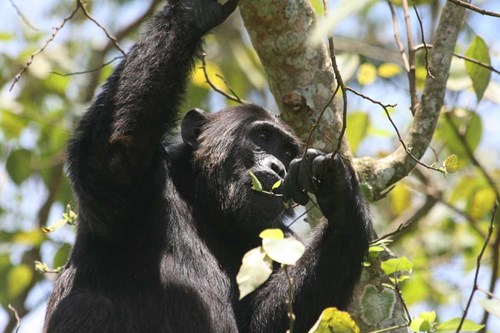
The findings of research such as this is invaluable as it shapes the management approach and conservation practices within the Budongo Forest. In this instance, it has identified the need to consider new raiding behaviours of primates, especially monkeys, baboons and chimpanzees; find ways to control the animosity of forest edge communities towards them; and investigate the options for forest food enhancement.
Often one research project also informs the direction of others, and further investigation is needed to observe the impact of tree phenology changes on other areas of the ecosystem. It is important that the National Forestry Authority and local conservation agents like BCFS undertake an integrated approach towards primate conservation involving local people.
Gaining the support of forest-neighbouring communities – whose attitude towards conservation is often tainted by the losses incurred as a result of crop raiding – will be central to conservation efforts.
Nyombi Herbert’s research was made possible through the generous support and funding by Earthwatch Institute and START.
 Until next time!
Until next time!
Jacintha
| Thank you to the players of the People's Postcode Lottery who are helping us to deliver our important conservation projects. |  |
Featured Articles
Latest News
-
Blog

02/02/2021
Celebrating sixteen years of partnership with BCFS
The Royal Zoological Society of Scotland (RZSS) has partnered with the Budongo Conservation Field Station (BCFS) in Uganda since 2005. For 16 years we’ve worked together to protect the Budongo Forest and the 800 chimpanzees who call it home.
-
Blog

01/12/2020
Budongo Conservation Field Station Update
Your support has protected the chimpanzees of the Budongo Forest in Uganda for over 15 years, and this year it has meant more than ever.
-
Blog

13/04/2020
RZSS Goes Wild conservation video series
From our conservation team's living room, to yours! Our new #RZSSGoesWild web series will take you around the world via the amazing wildlife conservation projects we support.
-
News

28/02/2020
Travel to the wilds of Uganda with Dr Helen Senn
This October, join is for the trip of a lifetime to see giraffes and chimpanzees in the wild.




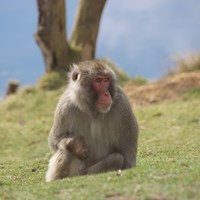
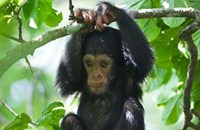


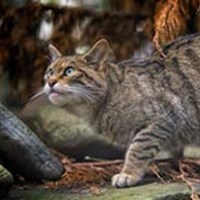



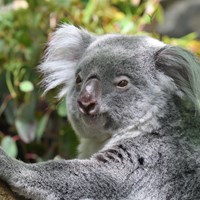

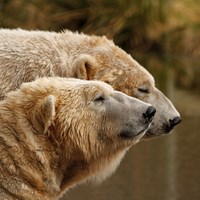

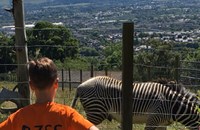

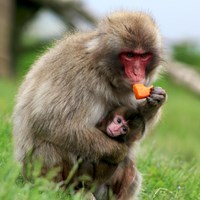
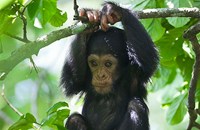






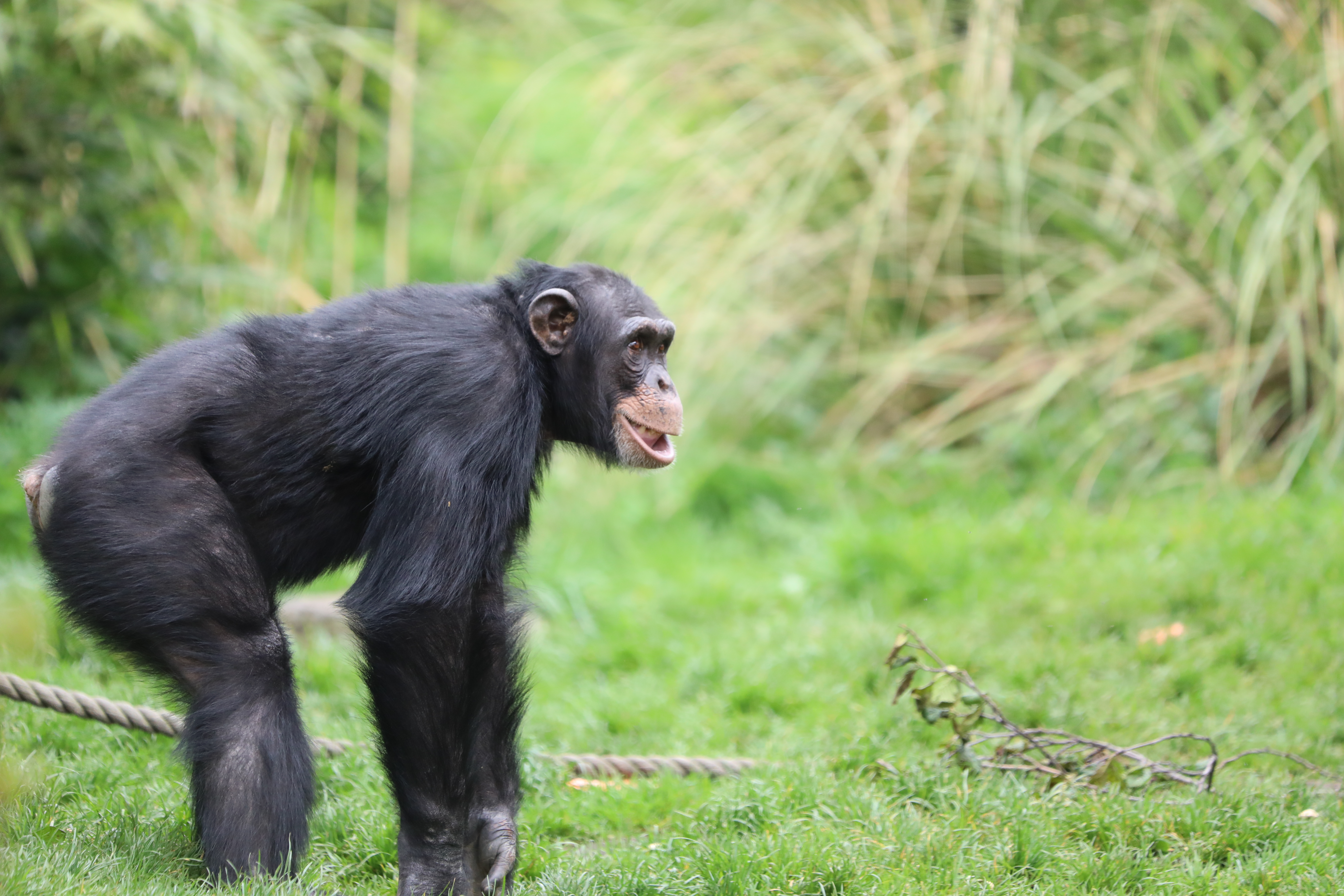
Follow EZ